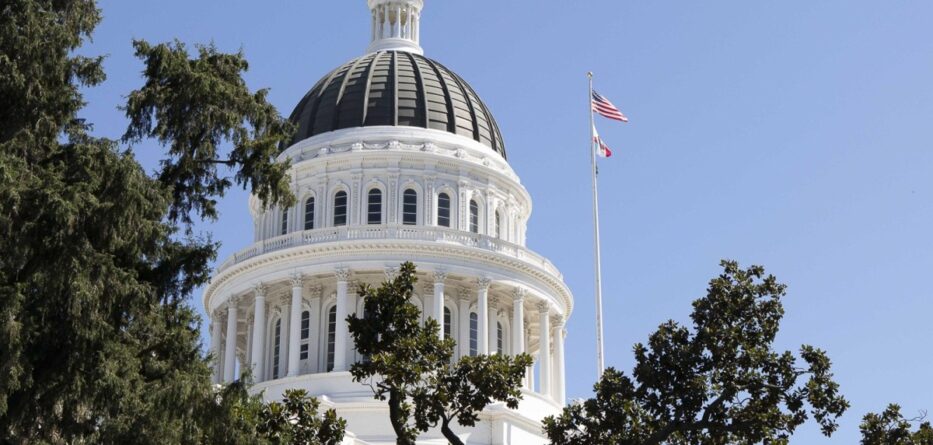Is California killing the golden goose with taxes and regulations that drive businesses and their jobs to more hospitable states?
That question has been debated for years without a definitive answer, flaring up whenever there’s a high-profile move out of the state.
With the recent relocation of several well-known firms to Texas, along with one famous billionaire, Tesla’s Elon Musk, the question once again reverberates in political circles.
Musk first threatened to shift locales last year after his manufacturing facility in the Bay Area was hit with a pandemic shutdown order.
“Frankly, this is the final straw,” he tweeted last May. “Tesla will now move its HQ and future programs to Texas/Nevada immediately.”
“F*ck Elon Musk,” Assemblywoman Lorena Gonzalez, tweeted in response. Gonzalez, a San Diego Democrat and the Legislature’s most outspoken proponent of unionization, later added, “California has highly subsidized a company that has always disregarded worker safety & well-being, has engaged in union busting & bullies public servants. I probably could’ve expressed my frustration in a less aggressive way. Of course, no one would’ve cared if I tweeted that.”
In December, Musk announced his personal move to Texas and his plans to expand activities in that state.
Last week, the Center for Jobs and the Economy, an arm of the California Business Roundtable, offered new grist for the debate by launching “CaliFormers,” a running list of companies that have relocated from California or expanded operations elsewhere.
“California policies have created the highest in the nation cost-of-living and strictest in the nation regulatory costs which have caused jobs in key sectors such as manufacturing to start-up, scale or relocate in other lower-cost states, sometimes just across the border from California,” the CaliFormers announcement declared.
“As we look to the future of our post-pandemic economy,” it added, “the shift of the tech industry and the movement of its executives and investors will significantly impact the stability and solvency of our general fund since the state’s progressive tax structure relies heavily on taxes paid by California’s highest earners.”
CaliFormers arrives on the scene not only as the perpetual debate heats up again but as the Legislature considers a new spate of bills that would impose additional costs on business and/or levy new taxes on business or wealthy individuals such as Musk.
CaliFormers gives the perpetual debate a factual underpinning, but it also falls short of a much-needed comprehensive analysis of the issue. Jerry Nickelsburg, who runs the Anderson Forecast, an economic research organization at UCLA, quickly criticized it for lacking context.
“The list does not sort by year or normalize by u-rate or employment,” Nickelsburg tweeted. “It does not track moves to CA. (e.g if a company adds 200 jobs in CA and moves 100 to TX it appears on the table as a move of jobs to TX). So, a nice graphic, but not very useful as an analysis.”
Nickelsburg makes a valid point. Obviously the issue is an important one. California depends on a vigorous private sector to provide jobs and indirectly provide revenues for the services that Gonzalez and other politicians want to expand. In fact, those one-percenters at the very top of the income ladder, such as Musk, are paying half of the state’s income taxes.
It’s so important that it deserves far more serious analysis. Gov. Gavin Newsom and the Legislature have immense research capabilities at their command and should order up a comprehensive and independent examination of whether California is becoming toxic to vital business activity. It’s time to settle the argument once and for all.






